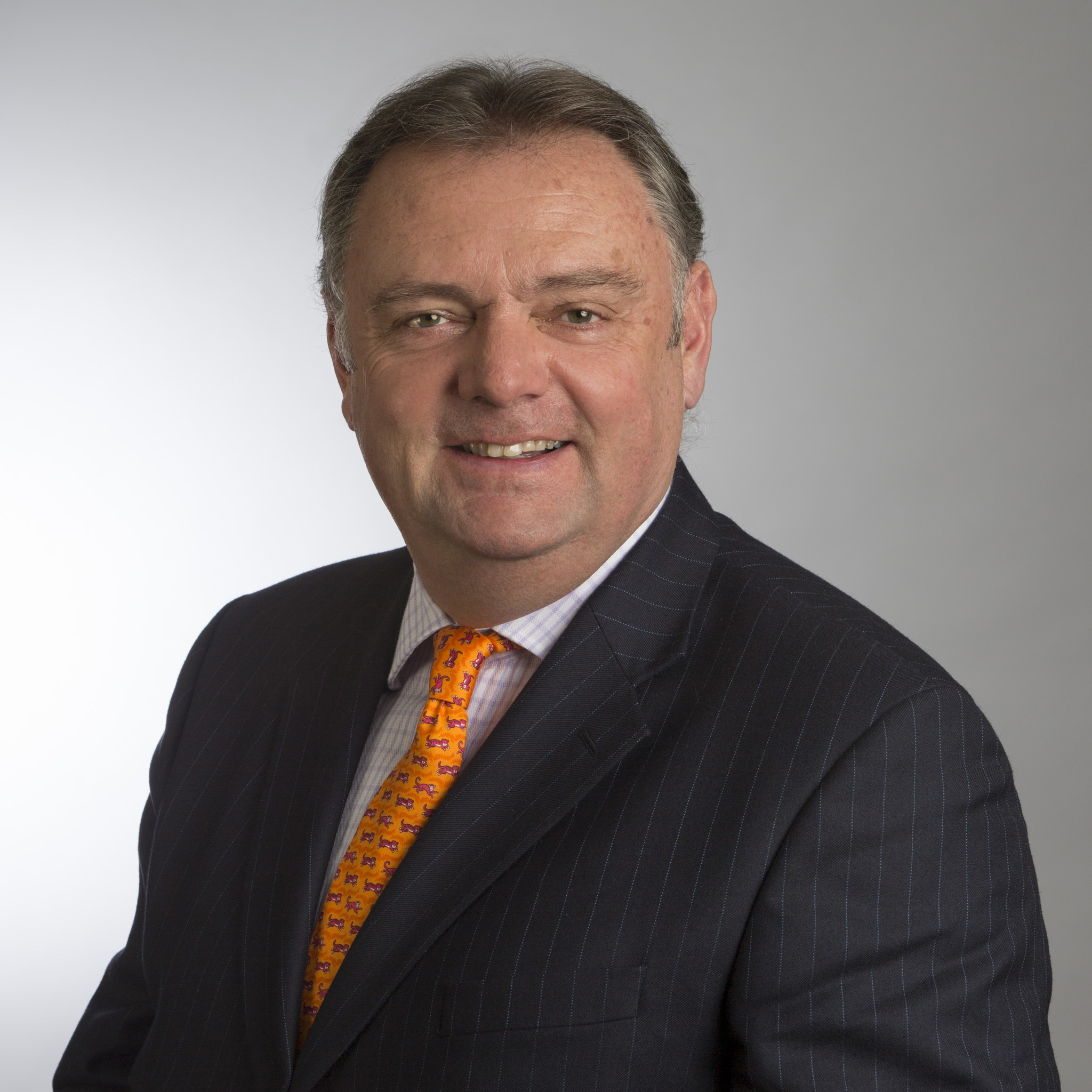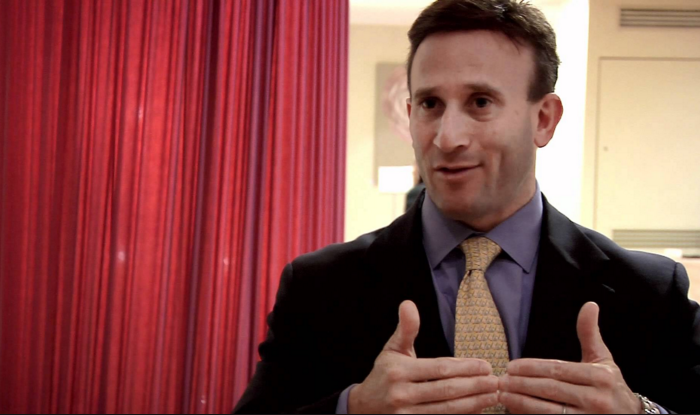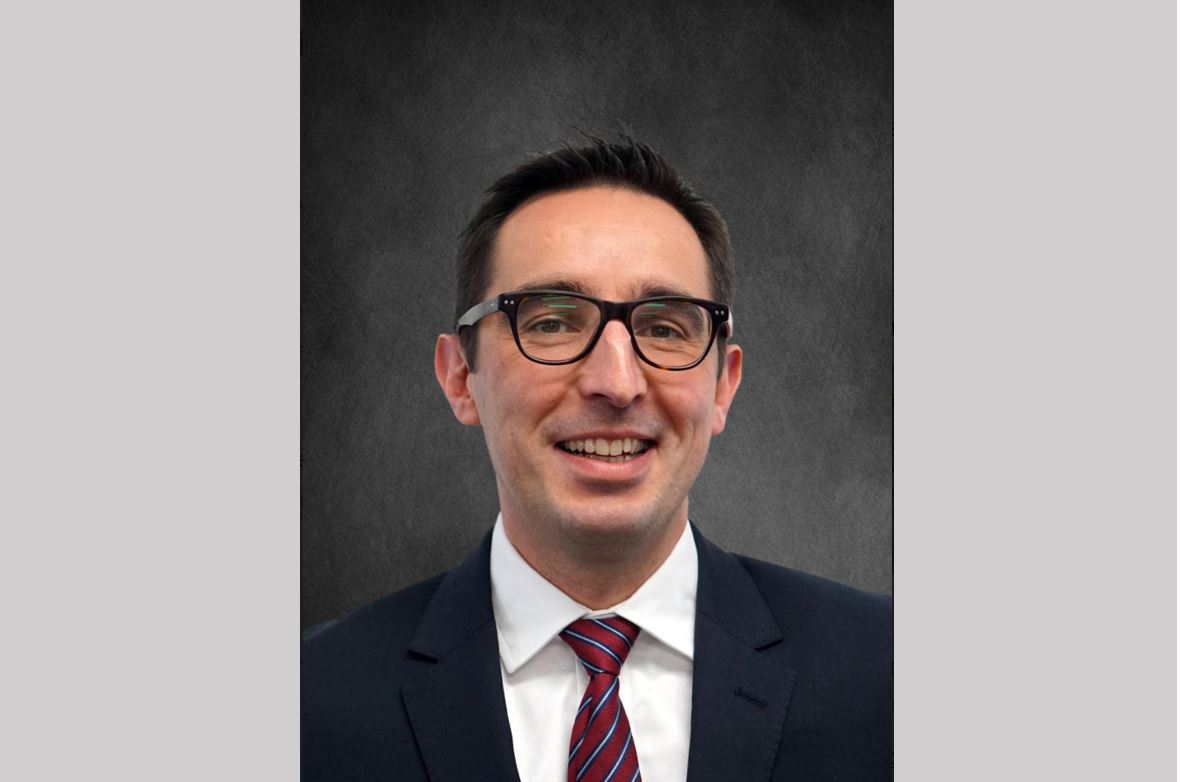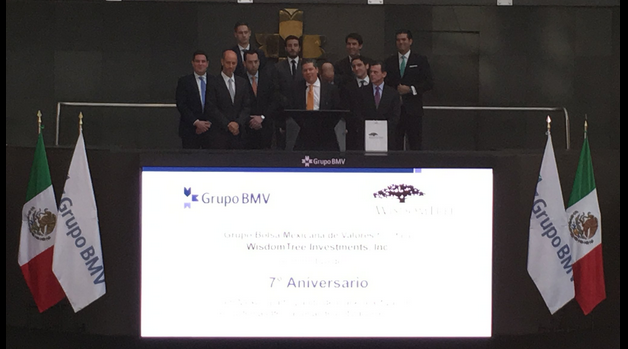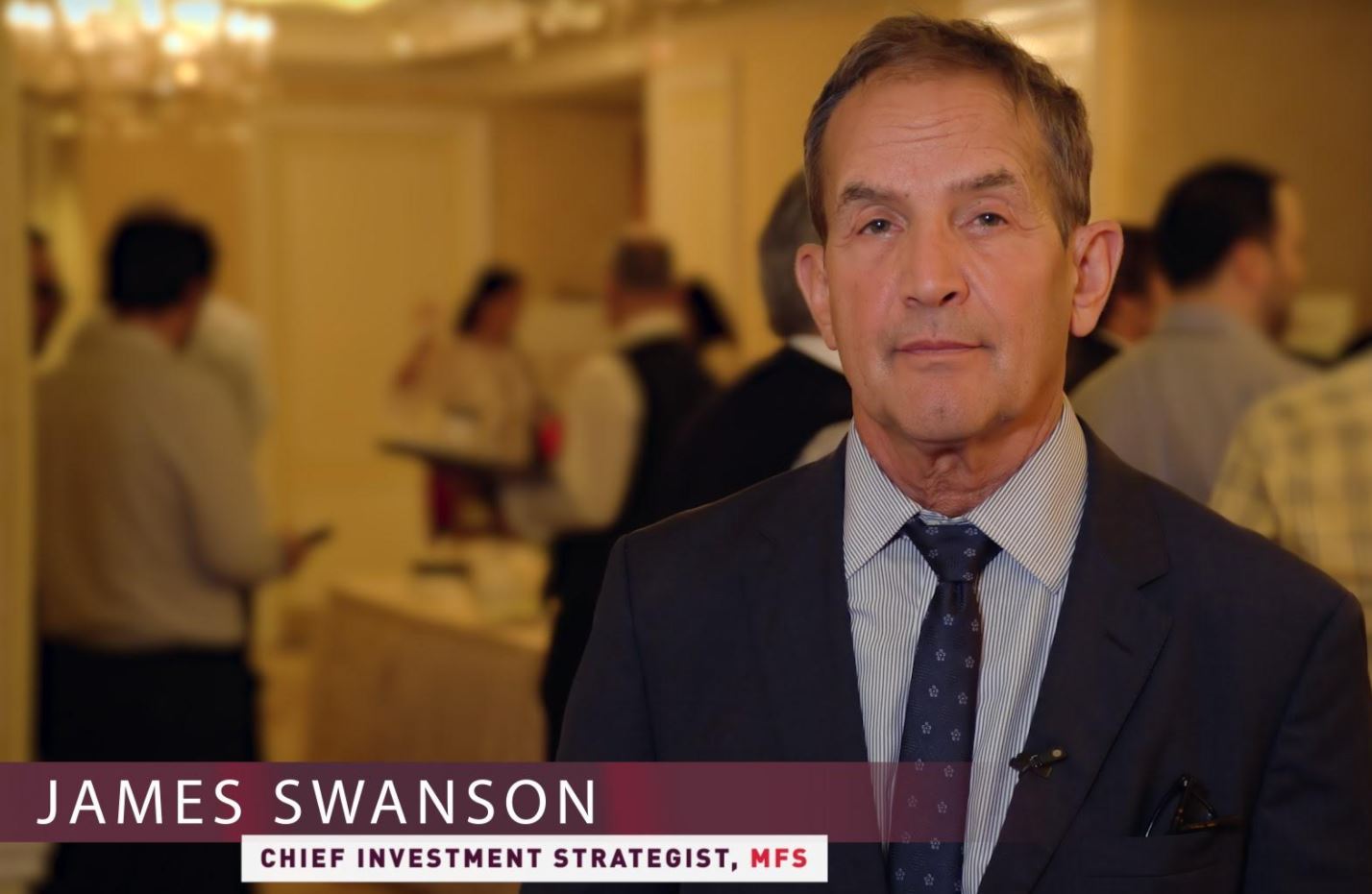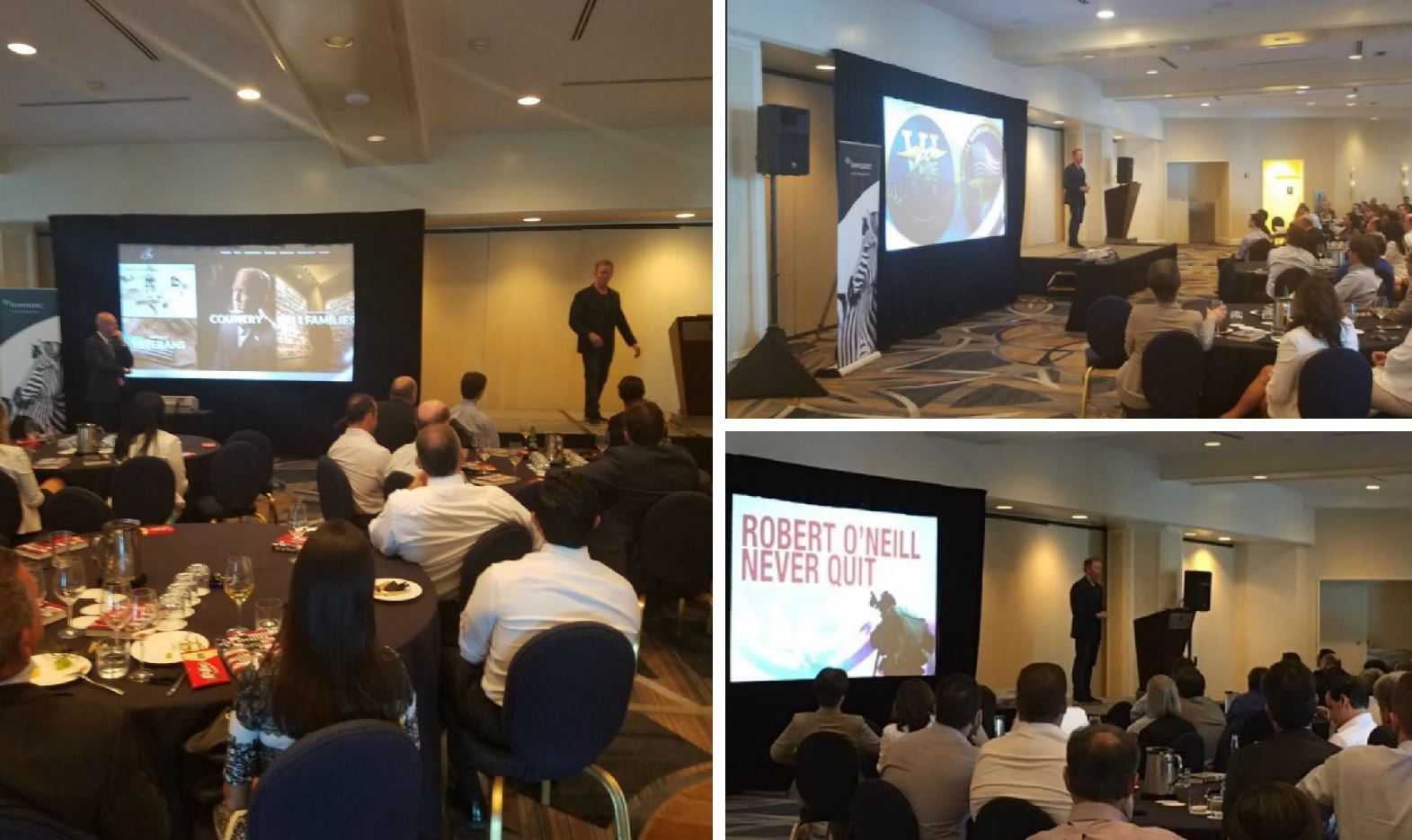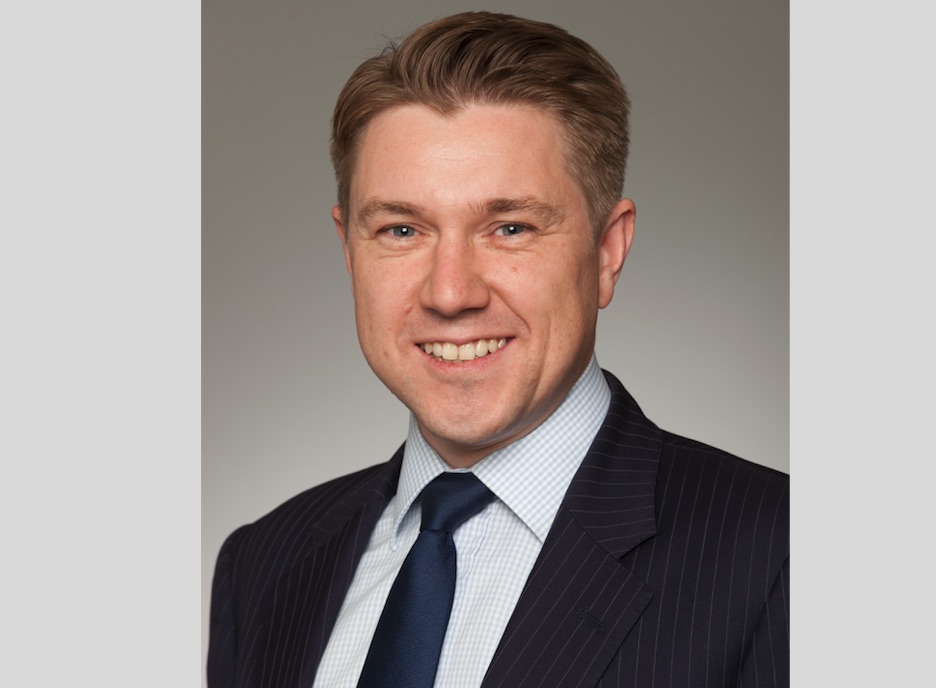“The Long-Term Investment Opportunity in the Energy Sector in Brazil and Mexico is Enormous”
| For Alicia Miguel | 0 Comentarios
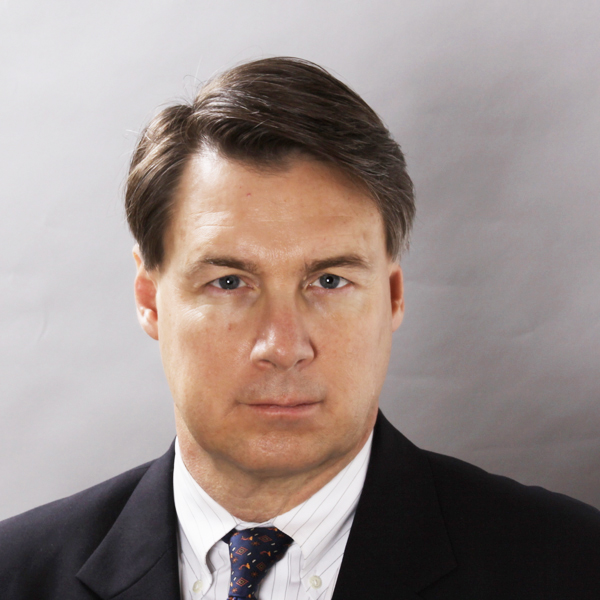
The improvement in economic fundamentals, in both emerging countries and companies, gives these countries the opportunity to grow faster than developed ones, and offer more returns for investors. That’s why they remain a long-term bet, despite the latest rally in their stock markets. This is maintained by Paul H. Rogers, Manager and Analyst of Lazard Asset Management, emerging stock market expert, in this interview with Funds Society, during which he discloses the main risks and opportunities for these markets.
How do you rate the current momentum for entering the emerging market?
Emerging markets have appreciated 20% during the year and we believe that thanks to the improvement of both, country and company fundamentals, they continue to be a good long term opportunity We see how companies’ balance sheets are stronger and the balances of the countries have also improved, leaving behind those bad years experienced between 2013 and 2015. This gives emerging markets the opportunity to grow faster than developed ones.
By price, where is it currently more attractive to invest?
We have to think in general terms. Our investment process is based on the selection of companies, not countries, but the relative valuations of emerging markets versus developed markets point to discounts of 13%, with equity returns of around 25%. That is, we believe that there is a possibility of obtaining higher returns than in the developed markets.
Where in Asia: do you see more opportunities?
We are currently underweight in China, while we are overweight in South Korea and Taiwan. Asia represents 72% of the benchmark and 75% of MSCI EM benefits. That is, it’s the bulk of the emerging market. Other smaller markets, such as Indonesia or the Philippines offer investment opportunities, although they have to be evaluated. company by company.
Is China a risk to be taken into account?
We believe that China’s risk is concentrated in its high debt levels. Its debt to GDP ratio stands at 250%, while growth has begun to slow down. Nonetheless, we believe that the country will be able to manage this risk during President Xi Jimping’s five-year term by carrying out serious structural reforms.
Latin America: Do you see opportunities in this region?
In Latin America we are currently slightly overweight in Mexico and Brazil, where we see good prospects for their companies. Thanks to the improvement of macro factors and the process of stabilizing the price of raw materials, we believe that Brazil can continue to grow, and that companies’ profits should improve. In fact, if we look at the macro factors, it seems more likely that companies generate profits at current prices. We believe that the long-term investment opportunity in the energy sector in Brazil and Mexico is enormous.
Brazil: Despite the recent corruption scandals, do you think that low prices and falls should be an incentive for investment?
It is a country that for many years has demonstrated its ability to overcome political difficulties. Brazil is very attractive at these levels, although Brazil should be approached as a long-term investment.
Which are Mexico’s strengths?
Mexico is going to benefit from the economic strengthening of the US, since many companies have exposure to the American market. Its situation in NAFTA is going to mature and I think it will reach a good agreement with the USA. Both economies are likely to negotiate and improve their relationships. In Mexico, the elections will be held in 2018 and a more populist candidate could be elected. Volatility will surround the electoral process over the next year.
If you had to choose companies from other more modest markets, which markets offer the best fundamentals and prices?
No, we generally do not see great opportunities in these smaller markets, although in Chile and Colombia we see an incredible opportunity for the banking sector to expand and increase its profits.
What will be the impact of higher interest rates by the Fed on Latin American stocks?
I think the US is going to carry out a gradual increase in rates, consistent with the economic growth of the country, which will keep the dollar stable and, therefore, stability within the currency market.
Will other Latin Central Banks follow the Fed’s path?
Each central bank is very independent in its monetary policy, depending on the inflationary situation of each country. In fact, Brazil has to continue to reduce its interest rates, while Mexico is in a cycle of rate hikes.
What are the main challenges and risks for the Latin American stock market during the coming months?
The most significant risks are political, for example, in Mexico, the next presidential elections, and Brazil is pending resolution of the corruption scandals and the final decision on President Temer’s future. These events will generate short-term volatility.
The currency risk: is it better to hedge against it or to assume it when investing in the Latin American stock market?
We take the currency risk into account when investing in a company, although we do not expressly hedge the portfolio. In addition, we have invested in a significant number of companies that generate income and profits in dollars, since they have a large part of their business in the US, and this helps us to somehow hedge against exposure to local currencies.
When investing in Latin American stock market… do you also invest in European or Spanish companies with exposure to LatAm?
Not at present. We have been invested in banks with Spanish holding company and local businesses, but we prefer to invest in companies with at least 50% of their assets or their income in emerging countries

